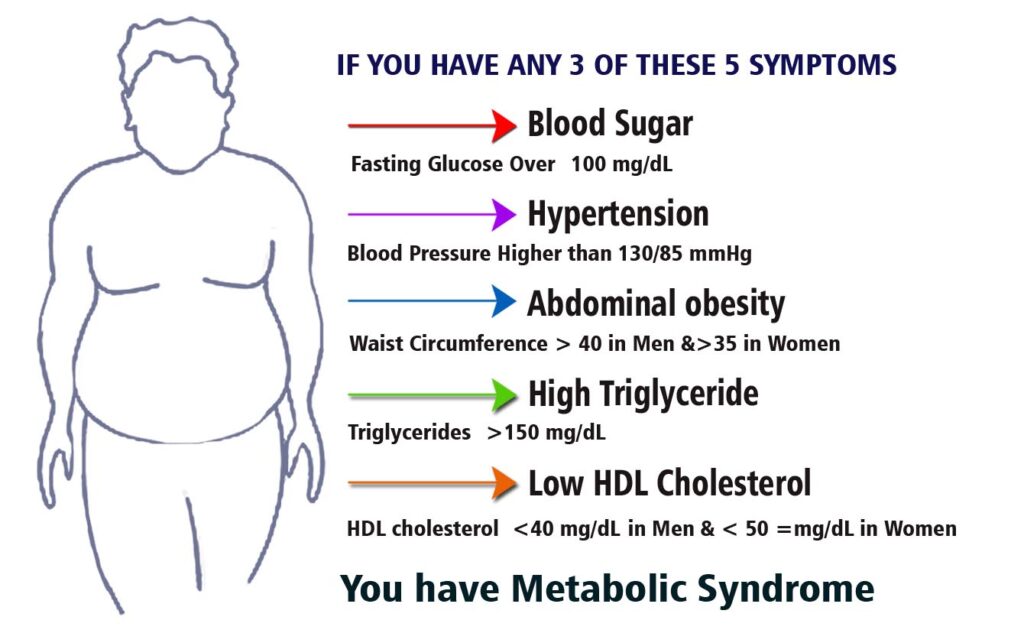
The term “metabolism” refers to the myriad of chemical processes in the body to maintain life and ensure that it continues to function normally. Conditions that affect any part of the metabolic process are called metabolic disorders. Because of this, some people may produce an unhealthy amount of a substance while others may produce an unhealthy amount of another substance.
A person’s ability to grow, reproduce, repair damage, and respond to their environment is made possible by a series of biochemical processes collectively referred to as the metabolism. A condition known as a metabolic disorder interferes with these processes.
For instance, it may affect the number of enzymes available for food digestion and the efficiency with which cells can generate energy. The disorders encompass various conditions that, once present in the body, can lead to various symptoms and complications.
The term “metabolism” refers to the ongoing biochemical processes responsible for keeping organisms functioning correctly. It is the result of a careful balancing of two processes:
Catabolism:The production of energy through the breakdown of larger molecules into smaller ones is referred to as catabolism. For instance, this may involve converting glucose from glucose molecules into carbohydrate molecules.
Anabolism:The process of consuming energy to create new cells, maintain existing body tissues, and store energy is referred to as anabolism.
Prevention
Most metabolic disorders cannot be avoided because their causes are either unknown or can be traced back to the genes.
However, there are things that you can do to reduce your chances of developing type 2 diabetes, which is the most common metabolic disorder:
Maintain appropriate body weight.
Consume foods that are beneficial to your health, such as vegetables, whole grains, beans, fruits, and lean cuts of meat.
Maintain an active lifestyle and move frequently.
Replace sugary drinks like soda, juice, and other sweetened beverages with water.
Management through Fusion Therapy:
Neurotherapy helps in the induction of metabolism, circulation and oxygen levels in order to restore and balance the body’s energy forces. Ayurvedic treatment helps to heal the underlying cause of the condition. Ayurvedic nectar-like herbs prevent further scarring of metabolic disorders and may resolove metabolic disorders , toxins that have collected in the body should be removed, help to maintain the equilibrium of VATA, PITTA, and KAPHA DOSHAS, hence restoring liver and digestive system functions.
The ayurvedic approach to insomnia is to rebalance the body and restore the natural sleep-wake cycle. According to Ayurvedic beliefs, most chronic diseases, including sleeplessness, are caused by an accumulation of toxins in the body. Toxins can build up in our bodies as a result of poor diet, poor digestion, an overly busy lifestyle, and too much stress.
Feel Something Wrong With Your Body?
Mr. Ram Gopal Parihar is one of India’s few certified Persons & Neurotherapists. He is equipped with a wide range of Neurotherapy procedures for naturally treating severe sickness, and his work has shown remarkable outcomes on over 20,000 patients.

